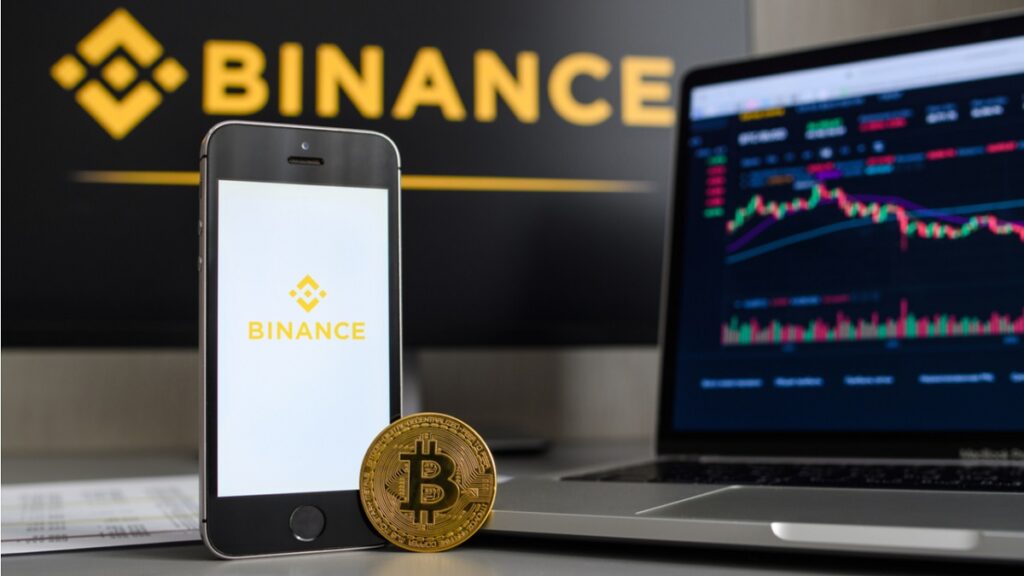In the world of cryptocurrencies, not all countries treat the regulation and licensing of crypto exchanges equally. In some states, the requirements are minimal, while in others, exchanges must undergo serious checks and meet strict conditions.
USA: detailed inspections and strict requirements
The United States is considered one of the strictest jurisdictions for obtaining a crypto trading license. Each of the 50 states has its own laws, and exchanges are required to comply with them in order to operate in the country. The main requirements include:
- Registration with FinCEN — All cryptocurrency companies must register with the Financial Crime Prevention Network (FinCEN) and submit reports on suspicious transactions.
- Obtaining a BitLicense — in New York State, exchanges are required to obtain a special BitLicense license, which requires full disclosure of information about the company and its owners.
- Compliance with KYC and AML laws — Each platform must follow strict customer Identification (KYC) and Money Laundering Prevention (AML) procedures.
These measures complicate the licensing process and require large financial and time costs. However, the availability of such licenses allows companies to work confidently in the US market.

Japan: careful control and high standards
Japan was one of the first countries to legalize and regulate cryptocurrency transactions. Here, the licensing of cryptocurrency exchanges is carried out by the Financial Services Agency (FSA), and the requirements include:
- Registration and obtaining a license — cryptocurrency platforms are required to go through a thorough registration process and obtain a license. This includes checking for compliance with security and transparency requirements.
- Compliance with security standards — exchanges must ensure a high level of protection of user data and assets, including the use of a multi-level security system.
- Quarterly reports — Companies are required to provide regular reports on their activities and financial condition.
Strict rules allow Japan to remain one of the safest jurisdictions for trading cryptocurrencies, despite the high requirements.
Germany: strict control by BaFin
In Germany, cryptocurrency exchanges are required to comply with the rules of the Federal Financial Supervision Authority (BaFin). The basic requirements for obtaining a license include:
- Registration with BaFin — every cryptocurrency company is required to register with BaFin and comply with its financial control requirements.
- Due diligence — exchanges must prove that their business model is sustainable and procedures meet high standards of security and data protection.
- Compliance with KYC and AML laws — exchanges are required to fully identify customers and monitor any suspicious transactions.
These requirements make Germany one of the most difficult jurisdictions to launch a cryptocurrency exchange, but at the same time create high standards for protecting customers and preventing financial crimes.
Singapore: strict regulatory measures
Singapore is another country with high standards of cryptocurrency regulation. Licensing here is carried out by the Money Management Authority (MAS), and it requires the following conditions to be met:
- Obtaining a license under the Payment Services Act (PSA) — exchanges must undergo a thorough check and obtain a license, which confirms their compliance with all regulations.
- KYC and AML procedures are mandatory measures to identify customers and combat money laundering.
- Activity Reports — Exchanges are required to provide regular reports on their activities and financial transactions.
- Strict regulatory measures in Singapore make this country attractive for legal cryptocurrency transactions, providing a high level of trust and security.
Countries with the strictest licensing rules for cryptocurrency exchanges require companies to meet a variety of conditions and undergo complex checks. Despite the high costs and complexities, such requirements ensure the safety of users and prevent financial crimes.


